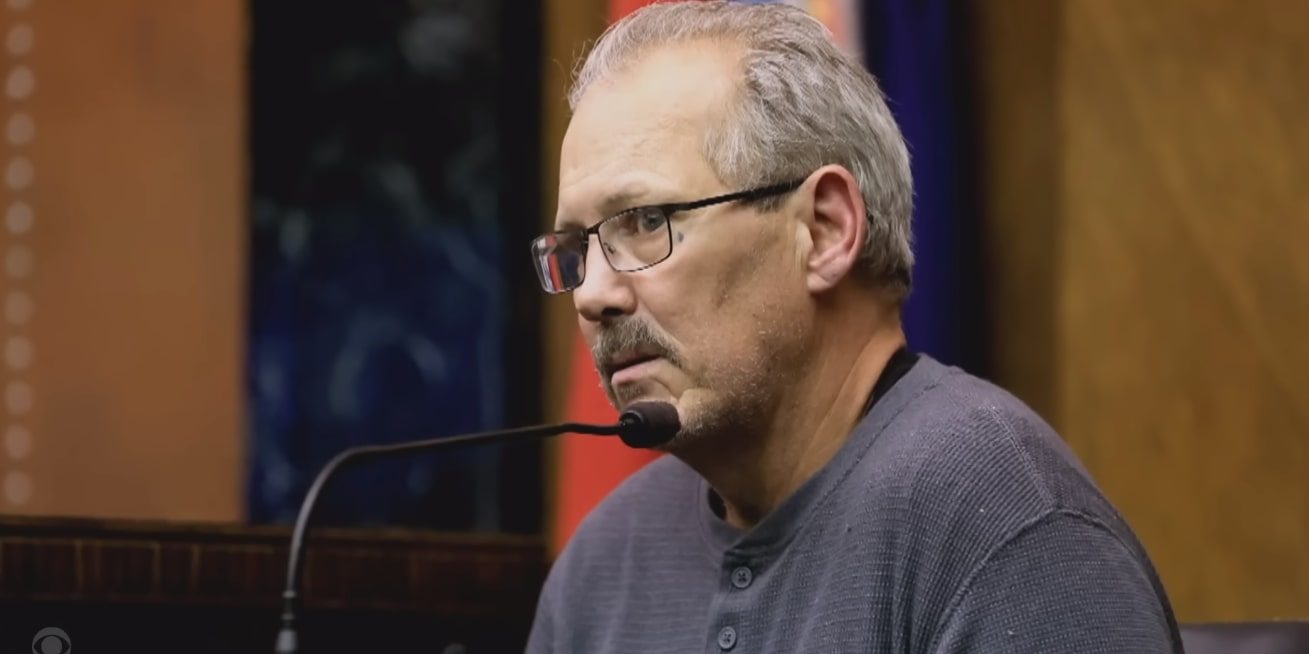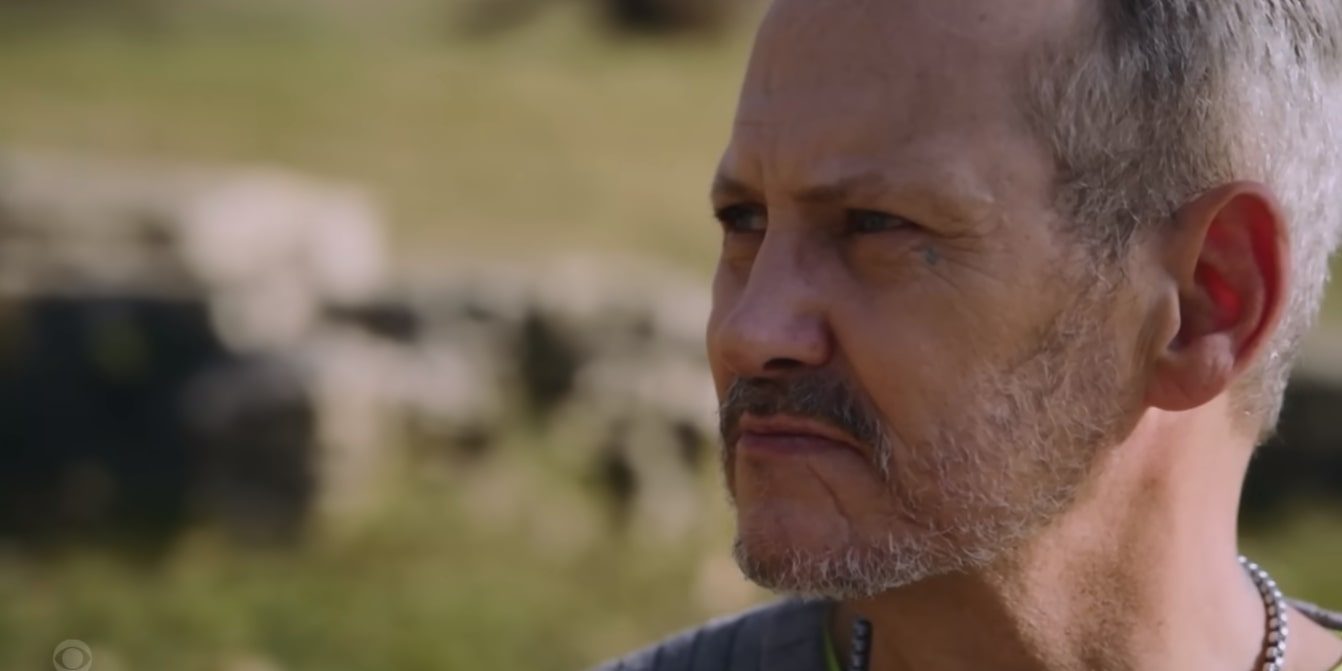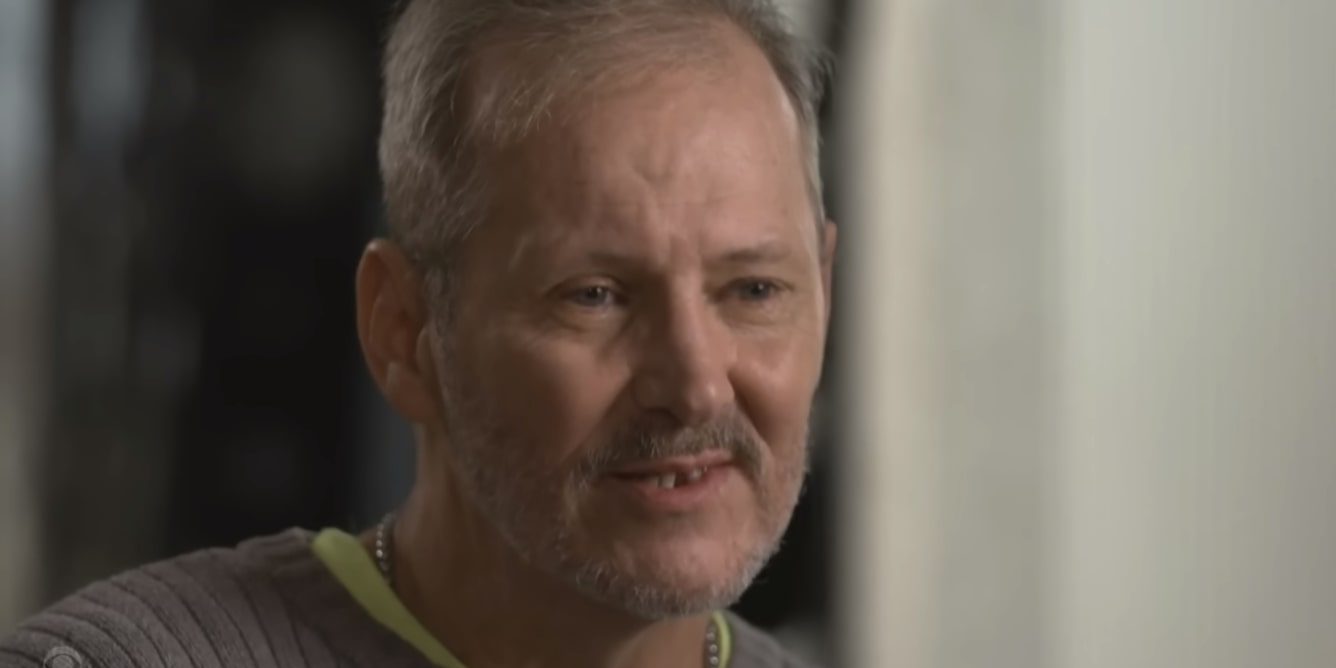Lamar Johnson was sentenced to life in prison based on Greg Elking’s identification of him as one of the individuals involved in the shooting of Markus Boyd in 1994. However, years later, Lamar appealed his conviction, asserting his innocence. During the appeal, Greg came forward, stating that he had been coerced by the lead detective into making the identification. In the CBS documentary ’48 Hours: Lamar Johnson: Standing in Truth,’ Greg provided his first televised interview, offering insights into his involvement in the case and shedding light on the circumstances surrounding Lamar’s conviction.
Greg Elking Allegedly Felt Pressured to Identify Markus Boyd’s Killer
Greg Elking and Markus Boyd had been longtime friends and colleagues at the same printing company. Aware of Boyd’s side involvement in drug dealing, Elking approached him on the evening of October 30, 1994, around 9 p.m., seeking drugs. Boyd hesitated, reminding Elking of their work commitments the next day. As they conversed on Boyd’s porch, two masked assailants emerged. While one restrained Elking, the other violently assaulted Boyd, firing multiple shots that ultimately took his life.

Greg managed to flee from the scene unscathed, haunted by the anguished cries of Boyd’s girlfriend echoing in his ears. It took the authorities four days to locate Greg, who initially hesitated to cooperate. However, upon meeting with lead detective Joe Nickerson, Greg felt reassured and divulged what he could recall. He emphasized the darkness of the night, admitting that he could not discern the faces of the assailants, only catching a glimpse of one individual’s eyes.
Nickerson insisted on Greg viewing a photo array, and Greg hesitantly pointed to a picture, noting something about the eyes that made him suspect it was the same person. The individual he indicated was Lamar Johnson. Despite his uncertainty, Greg refrained from signing the identification. Subsequently, he participated in a lineup but failed to identify Lamar or any other individual. Feeling he had disappointed Nickerson, Greg alleged that he sought confirmation from the detective, asking him to indicate which person he believed to be the perpetrator.
According to Greg, upon Nickerson’s identification of Lamar and another individual, he concurred with his assessment. The prosecutors claimed that they asked him repeatedly if Lamar was the man he had seen, and after he confirmed, they charged and arrested Lamar. In 2003, Greg was arrested for being involved in a bank robbery. While he was in prison, he wrote a letter to his clergyman in which he admitted to feeling guilty about lying at Lamar’s trial.
When the Midwest Innocence Project started working on Lamar’s case, they came across this letter. In the letter, Greg had also mentioned that the prosecutors and detectives had promised him financial aid under the witness protection program if he identified the killer. He said that he had unpaid bills and pending tickets and ended up receiving about $4000 from the authorities.
Greg Elking Now Expresses Regret Over His Testimony

In December 2022, Lamar Johnson was granted a new hearing, during which Greg Elking was summoned to testify. He candidly recounted feeling coerced into making the identification and expressed remorse for his role, acknowledging the burden of guilt he bore for the testimony that resulted in Lamar’s lengthy incarceration. He said, “And I’ve been living with it, 25, 28 years, and I’m telling you… I just wish I could change time.”
In the documentary, Greg detailed how the feeling had always stayed with him, and finally, helping in the case that set Lamar free made him feel unburdened. He said he could not take back what had already happened, but he was glad Lamar had been released and was going to live the rest of his life freely.
Read More: Markus Boyd: How Did He Die? Who Killed Him?


You must be logged in to post a comment.